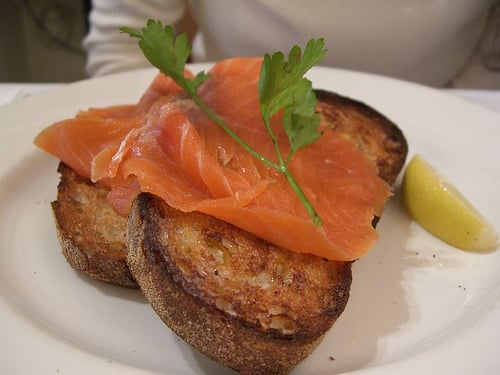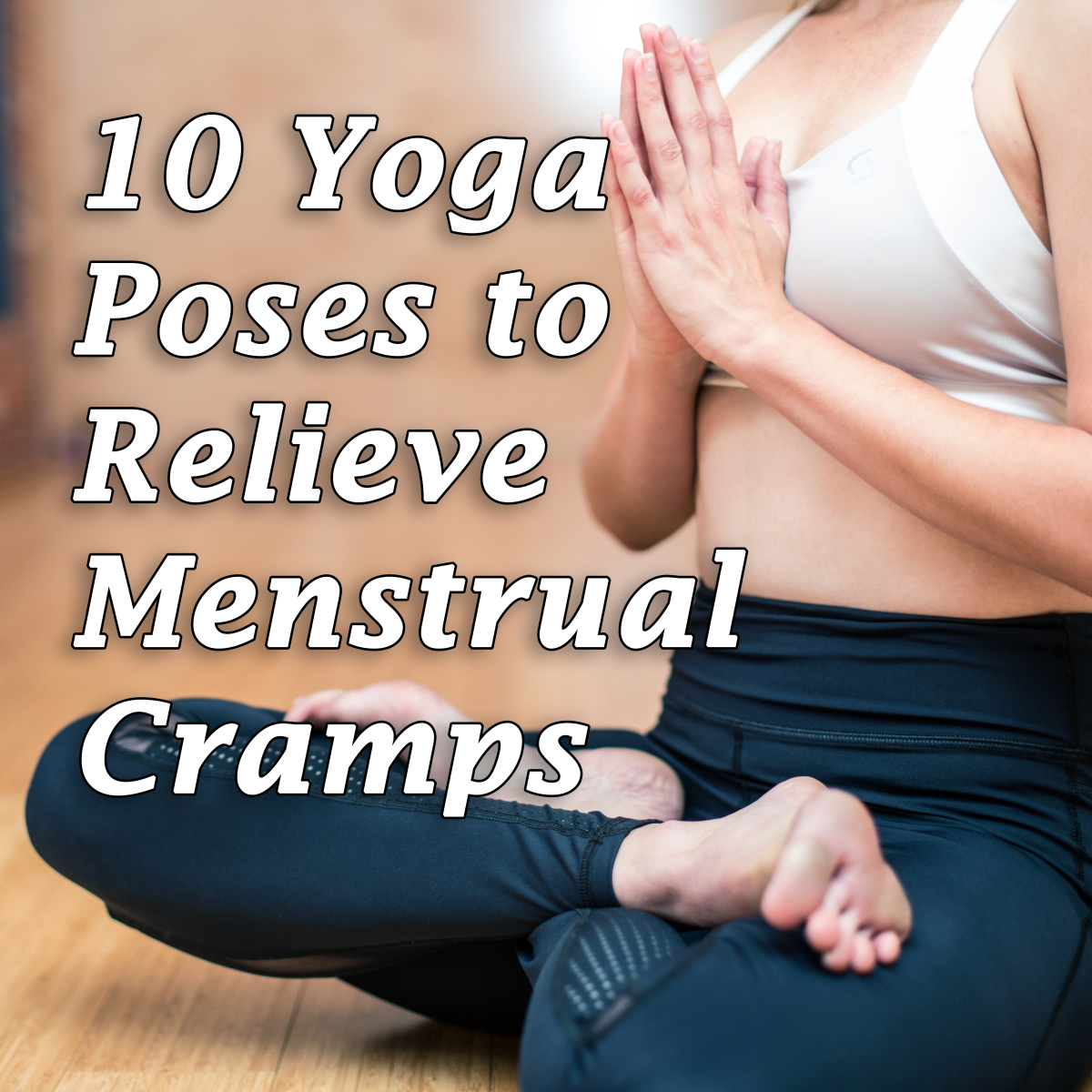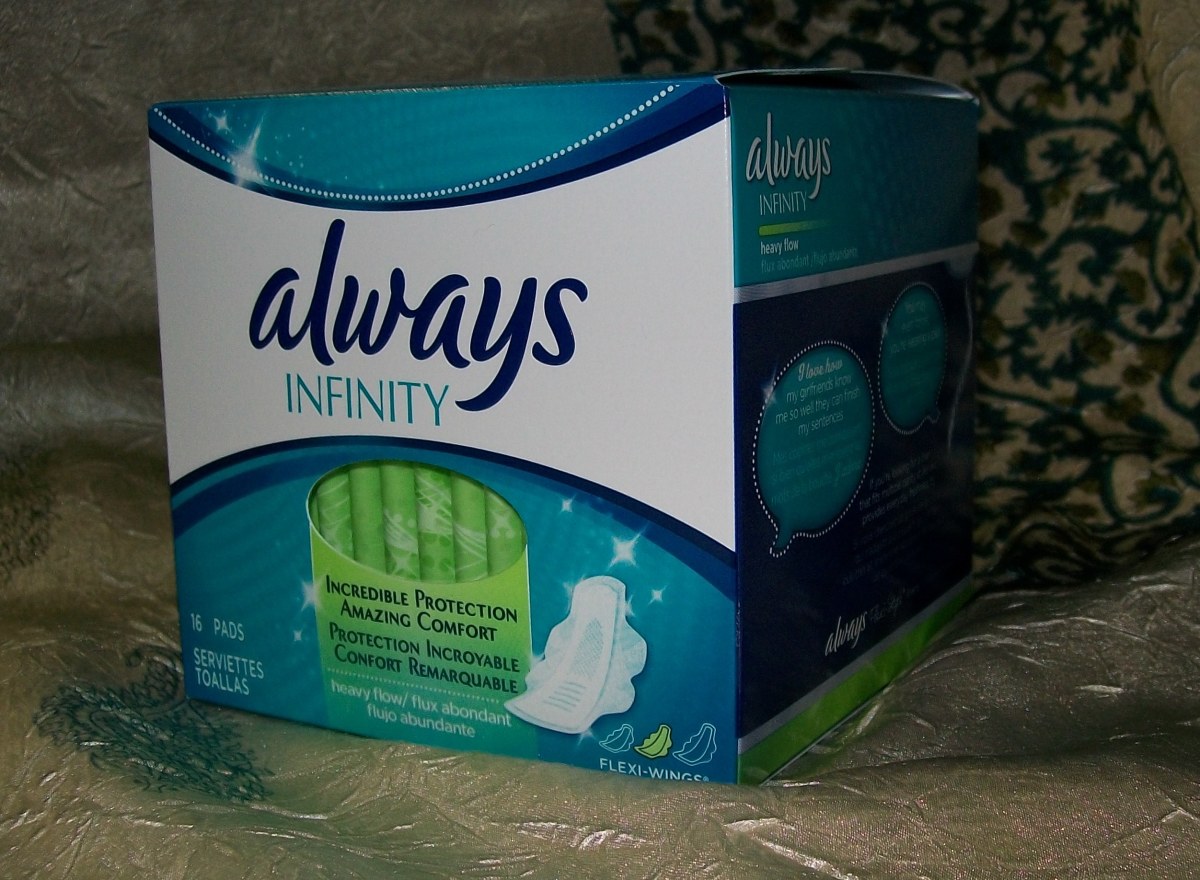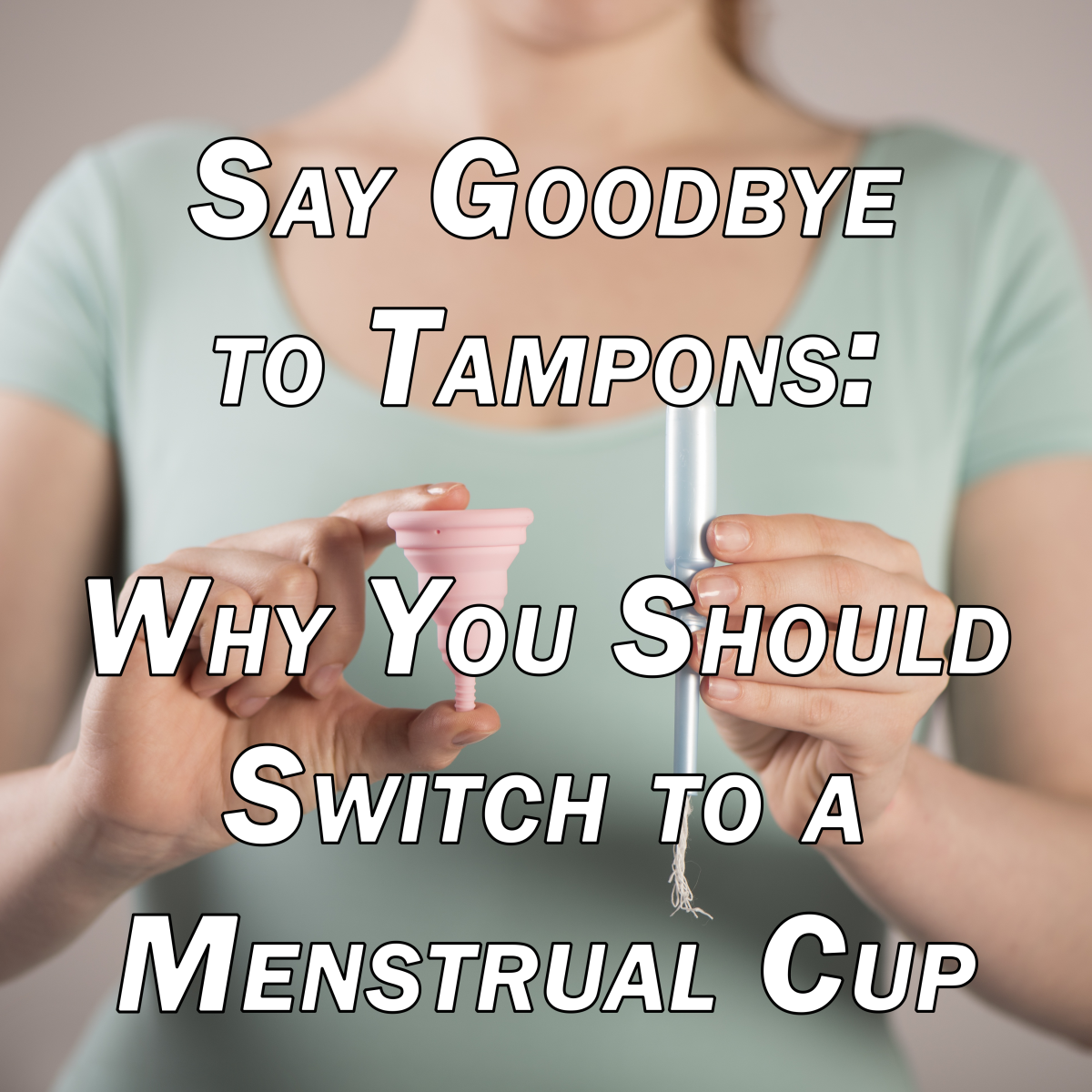Reduce Menstrual Cramps By Eating Less Meat

Why Meat, Eggs, and Dairy Are Bad For Cramps
One of the most widely documented causes of menstrual cramps are unusually high levels of series two prostaglandins. These are naturally occurring chemicals in your body that cause the uterus to contract and discharge its unused endometrial lining. Unfortunately, some women's bodies produce too many prostaglandins, which cause the uterus to contract too strongly, resulting in painful cramps. Because prostaglandins also affect the smooth muscles of the intestines, they are also responsible for the diarrhea and/or constipation many women experience as a side effect of menstrual cramps.
One way to lower prostaglandin levels in your body is to reduce your consumption of meat, eggs, and dairy products. The body manufactures series two prostaglandins from essential fatty acids found primarily in animal fats.
My Favorite Vegetarian Cookbooks
Why Grass-fed?
- Eat Wild
Meat from grass-fed beef, bison, lamb and goat has less total fat, saturated fat, cholesterol, and calories. It also has more vitamin E, beta-carotene, vitamin C, and a number of health-promoting fats, including omega-3 fatty acids and lineolic acid. - American Grassfed Association - Welcome!
- Organic Grassfed Beef Coalition
A Carnivore's Guide To Reducing Meat Consumption
Vegetarian diets are associated with many health benefits, but there's no need to cut meat and other animal products from your diet entirely. These tips can help you make the transition to less meat.
Start gradually.
If you eat meat three meals a day, try cutting it down to two, and then one. Experiment with alternatives, which can be as simple as using marinara sauce instead of hamburger on your pasta, or as complex as a full course vegetarian Thanksgiving. Cut your favorite meat dishes last.
Treat meat as a condiment.
In many traditional food cultures around the world, where meat is expensive and therefore special, meat is consumed frequently, but in small quantities, as a supplement to the main meal of grains and vegetables, rather than the main course itself.
If you're going to do something wrong, do it right.
Instead of eating low quality meats often, eat high quality meats occasionally. High quality meats are almost always more satisfying than poor quality meats, which encourages you (along with the higher price tag!) to eat less at a time, less often. I'm sure there are adults in this world who would rather eat 10 Big Macs than a perfectly cut steak, but I sure don't know any!
Buy grass-fed, organically raised, free range meat, eggs, and dairy.
Exclusively grass-fed meats, eggs, and dairy are leaner and have higher levels of many vitamens and minerals than feedlot-finished animals. Grassfed animal products also have higher levels of healthy Omega-3 fatty acids, which are used by the body to manufacture anti-inflammatory prostaglandins. Organically raised, free range animals also have lower levels of hormones, antibiotics, pesticide residue, and other artificial chemicals, which are associated with health problems like menstrual cramps, certain cancers, and many others.

- Easy Baked Salmon That Melts in Your Mouth
Baked salmon is not only healthy and delicious, it is also one of the easiest and quickest ways to enjoy fresh seafood.
Here, Fishy Fishy Fishy
One animal fat you can increase your consumption of is cold-water fish, such as salmon, halibut, cod, and tuna. These fish are full of Omega-3 fatty acids and lineolic acid, which are used by the body to synthesize series one and three prostaglandins. Unlike series two prostaglandins, series one and three prostaglandins have an anti-inflammatory affect and can help ease menstrual cramps.
If you dislike fish, other excellent sources of omega-3s and linoleic acid include: scallops, shrimp, flax seeds, walnuts, tofu, kale, cabbage, broccoli, and more. Exclusively grassfed beef, bison, and lamb also have high levels of Omega-3s, as do pastured pork and poultry.
But what about calcium?
Almost everybody knows that calcium is important to build strong bones and prevent osteoporosis, but did you know it can also help relieve menstrual cramps? Calcium deficiency causes muscle cramps and spasms that can exacerbate menstrual cramps. So the calcium in dairy products helps cramps, but the fat makes them worse. What's a girl to do?
Fortunately, there are many non-dairy sources of calcium available. Here are a few of the best:
- Leafy green vegetables, including kale, spinach, turnip greens, collard greens, Romaine lettuce, and mustard greens
- Green vegetables, including broccoli, green beans, cabbage, summer squash, celery, Brussels sprouts, and asparagus.
- Sea vegetables, including kelp and kombu
- Certain herbs and spices, including basil, fennel, cinnamon, thyme, oregano, and rosemary
In fact, because high protein intake can interfere with calcium absorption in the body, plant sources of calcium might be even better than dairy products.
Becoming Vegetarian or Vegan
A balanced, healthy vegetarian diet has been proven to be as healthy as one that includes animal products. In some regards, it has been proven to be considerably healthier. Although my personal preference is to incorporate moderate consumption of meat, dairy, and eggs in my diet (organic and grassfed whenever possible), there is no denying that switching to a fully vegetarian lifestyle can bring significant health benefits. Here are some resources if you've decided to make the switch:










